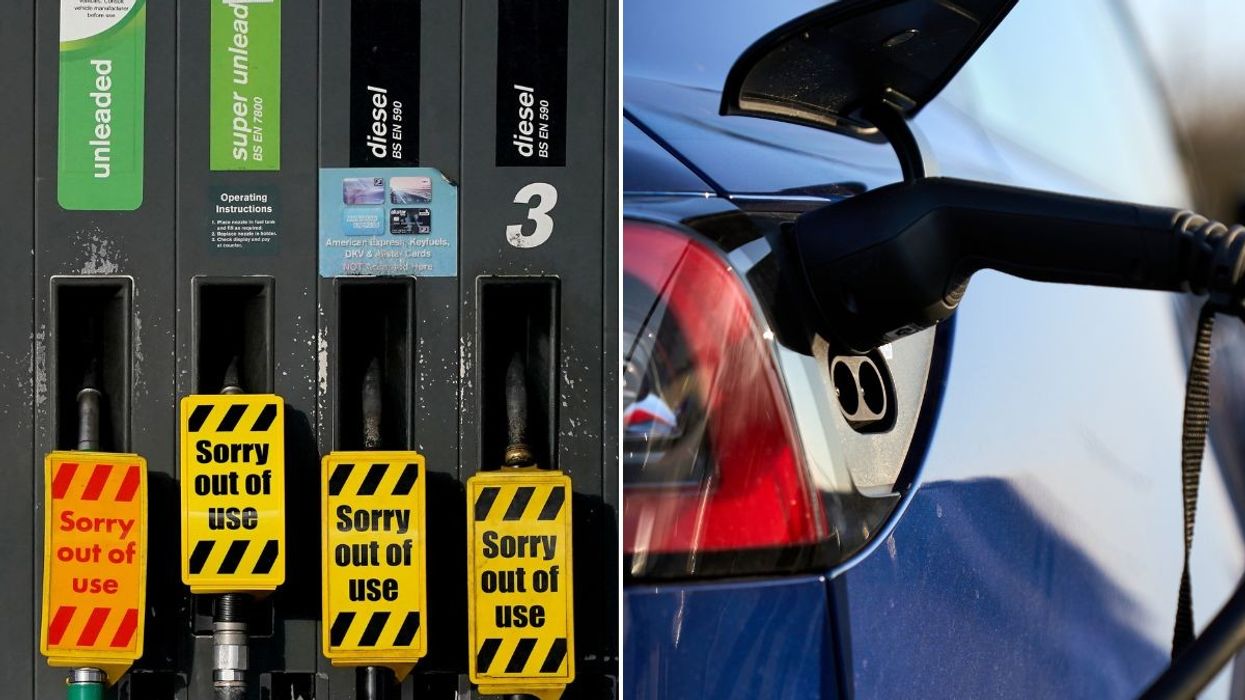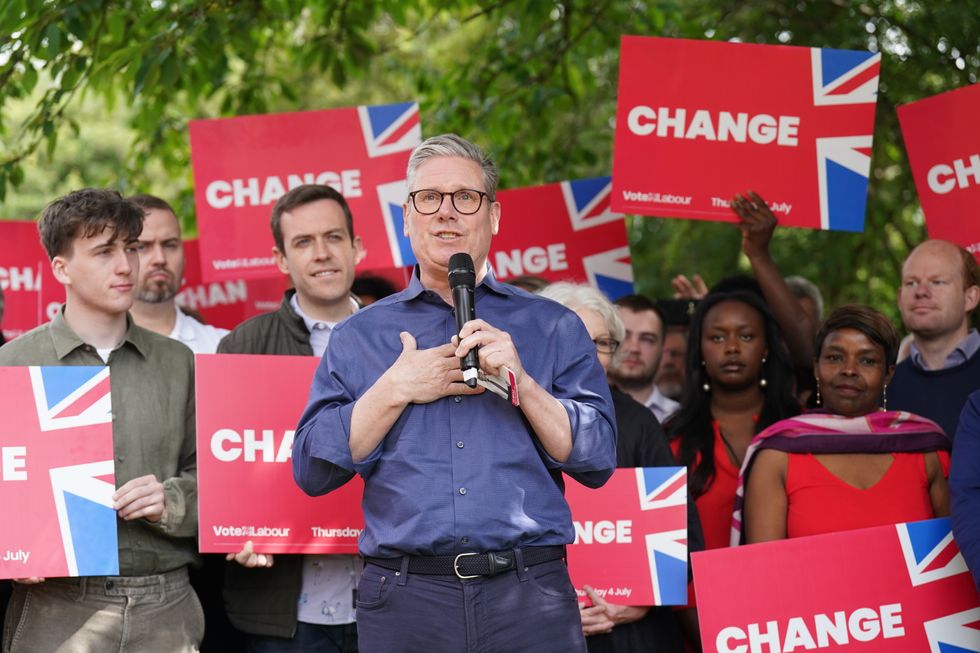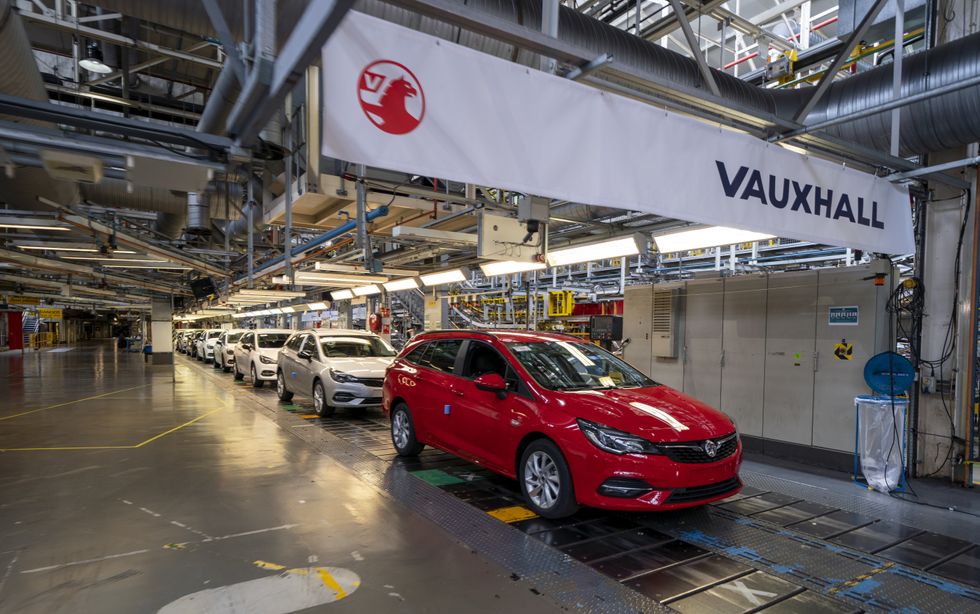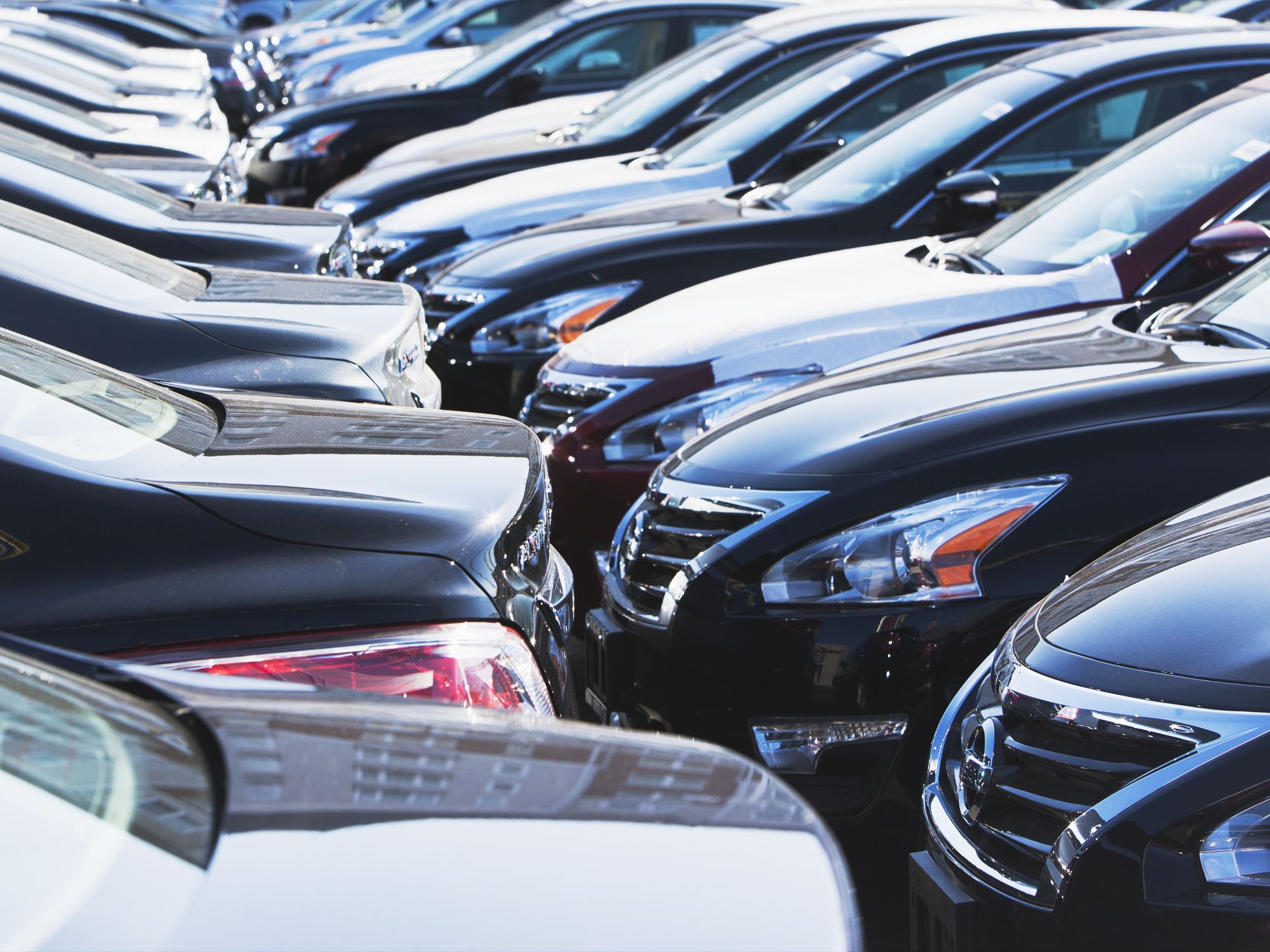Petrol and diesel car ban set to fail without millions of home EV chargers amid Labour driving law plans

Manufacturers are required to produce a minimum percentage of zero emission vehicles every year
|PA

Electric vehicles should 'not a luxury available to the few' but affordable for many
Don't Miss
Most Read
Experts have warned that Labour's plans for a reinstated 2030 petrol and diesel car ban could fail without appropriate measures for electric vehicles.
Ahead of the General Election on July 4, Labour and the Liberal Democrats had unveiled plans to bring back the original deadline of 2030 to ban the sale of new internal combustion engine vehicles.
This was after Rishi Sunak changed the deadline to ban polluting vehicles to 2035, alongside a host of other net zero pledges in September last year.
Following Labour's landslide election victory, many are expecting Keir Starmer's party to put measures in place to instruct manufacturers to end the production of these vehicles before the end of the decade.
Do you have a story you'd like to share? Get in touch by emailing motoring@gbnews.uk

Keir Starmer said he would reinstate the 2030 deadline to ban the sale of new petrol and diesel vehicles
| PAHowever, some are speculating that the promise to ban the sale of new petrol and diesel cars in less than six years could fail without millions of home electric vehicle chargers.
Industry experts have called on the new Labour Government to introduce new measures to boost the amount of chargers installed at homes.
Drivers who are still hesitant to invest in an electric vehicle would be boosted by the security of having an EV charger at home, reducing the need for them to visit a public charging station.
Charging company Cord said Labour needed to "sweeten the deal" for motorists to avoid voter backlash and "let people make the switch of their own accord, not by diktat".
It said this could include small changes that could make a huge difference including legislating a "right to install" which would make clear that tenants and people with shared driveways have the legal right to install a home charger.
Other suggestions include eliminating VAT on the cost of home charging, with similar calls being made to boost the use of public chargers.
Currently, VAT rates on public chargers at 20 per cent, compared to just five per cent for home chargers, with some dubbing this the "pavement tax".
Since many electric car owners do not have access to a driveway or community charger, they are forced to pay higher costs in public, in addition to subscription fees, rather than using an EV-friendly tariff.
Paul Tomlinson, co-founder of Cord, said the average driver spends between £92 and £138 on average to charge using public chargers, thus "obliterating" any savings that would be made by ditching a petrol or diesel vehicle.
He added: "Labour’s commitment to greening the country’s fleet is admirable. But for these targets to turn into action we have to make EVs a natural and affordable choice for drivers, not a luxury available to the few.
"The best way to do that is to make sure that as many people as possible can access home charging, which is by far the cheapest way to drive. Off-peak tariffs can make driving cost just £17 a month - around the cost of a premium Netflix subscription. But relying on public charging rockets that up to well over £100.”
While there are rules that outline how new buildings of a certain design must have at least one electric vehicle charger, Cord is calling on the Government to introduce new rules to supercharge numbers.
LATEST DEVELOPMENTS:
- Britons warned of revolutionary AI speed cameras capable of ‘turning the tide’ on driving law offences
- UK should import more electric cars from China to 'embrace the freedom of leaving the European Union'
- Drivers warned of the least efficient petrol and diesel cars on the market - Ford, BMW, Audi, VW and more

The ZEV mandate was first introduced at the start of the year
| PATomlinson also highlighted how the Zero Emission Vehicle mandate was not having the desired effect on manufacturers who are still slow to bring more electric cars to the market.
Manufacturers are required to have at least 22 per cent of total sales come from zero emission vehicles, although the current rate is just 16.6 per cent of cars.
While there are more than 100 electric vehicle options on the UK market, consumers are still calling for more options, particularly cars that are more affordable.










